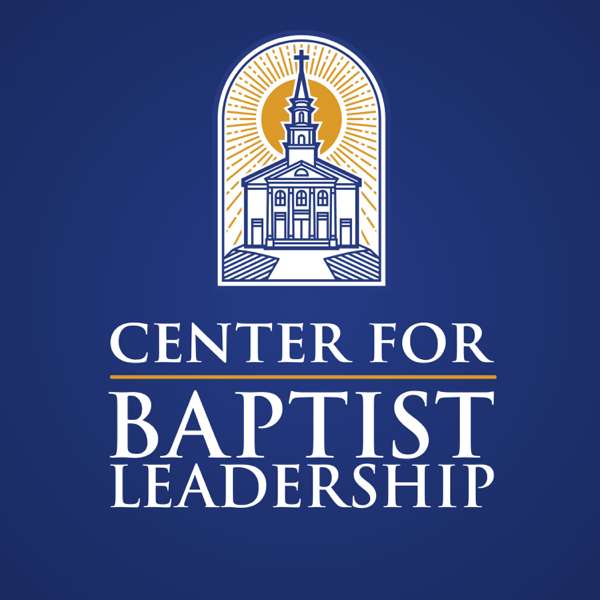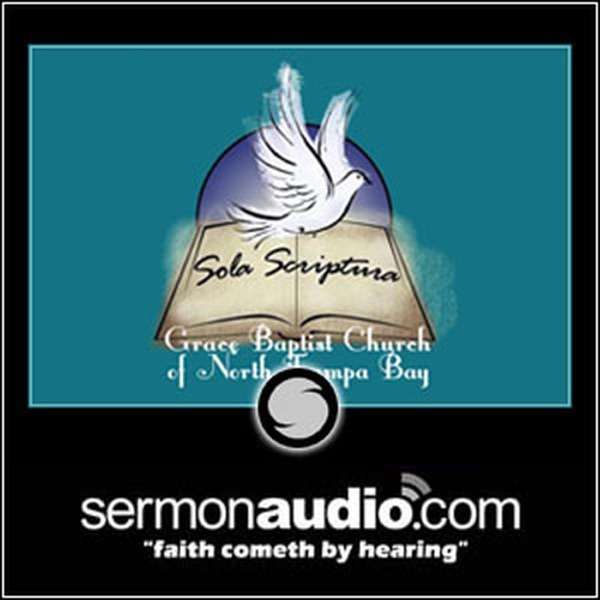Season 2: The Analogy of Faith (Ep 5)
The Doctrine of Scripture (Pt 2 of 4): Canonization, Transmission, Translation
Emily and Mark continue with the Doctrine of Scripture and discuss what is involved with the processes of canonization, transmission, and translation.
Key Texts: The Beginning of the Canon: Exodus 17:14; 24:4, 12 (cf., Numbers 33:2, Deuteronomy 31:9, 22), Deut. 31:24-26; Joshua 1:7-8; 24:25-27… The acceptance of the OT canon by Jesus: “the law and the Prophets” e.g., Matthew 7:12; Luke 24:44; the promise of the help of the Holy Spirit to the apostles, e.g., John 14:26; the continuation of the canon: 2 Peter 3:2- prophets and apostles together, 3:16 (Peter on Paul’s writing as Scripture)
Westminster Larger Catechism Q. 4. How doth it appear that the Scriptures are the Word of God?
A. The Scriptures manifest themselves to be the Word of God, by their majesty and purity; by the consent of all the parts, and the scope of the whole, which is to give all glory to God; by their light and power to convince and convert sinners, to comfort and build up believers unto salvation: but the Spirit of God bearing witness by and with the Scriptures in the heart of man, is alone able fully to persuade it that they are the very Word of God.
Hos. 8:12; 1 Cor. 2:6-7, 13; Ps. 119:18, 129; Ps. 12:6; Ps. 119:140; Acts 10:43; Acts 26:22; Rom. 3:19, 27; Acts 18:28; Heb. 4:12; Jas. 1:18; Ps. 19:7-9; Rom. 15:4; Acts 20:32; John 16:13-14; 1 John 2:20, 27; John 20:31.
Transmission and manuscript evidence example: Mark 16:8
Translation philosophies: spectrum from “word for word” (i.e., literal, or “formal equivalence”) to “thought for thought” (“dynamic equivalence”)
Questions: IAskedMyDad@gmail.com
I Asked My Dad is recorded and produced by Podcast Caddie.

 Our TOPPODCAST Picks
Our TOPPODCAST Picks  Stay Connected
Stay Connected







